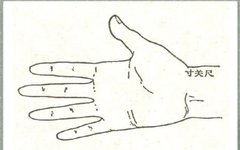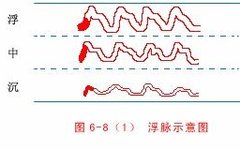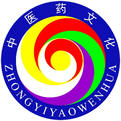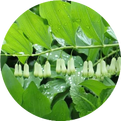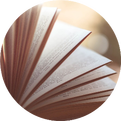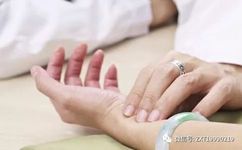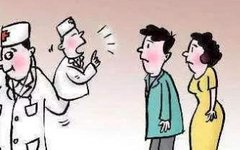The ‘Cut’ in TCM Diagnosis: Is It Just Pulse Diagnosis?
Cut diagnosis is not just pulse diagnosis When it comes to cut diagnosis, it is generally referred to as pulse diagnosis; however, cut diagnosis encompasses more than just pulse diagnosis. It also includes examining the skin, the sides of the body, the area beneath the heart, and the upper and lower abdomen.The term ‘cut’ implies … Read more


